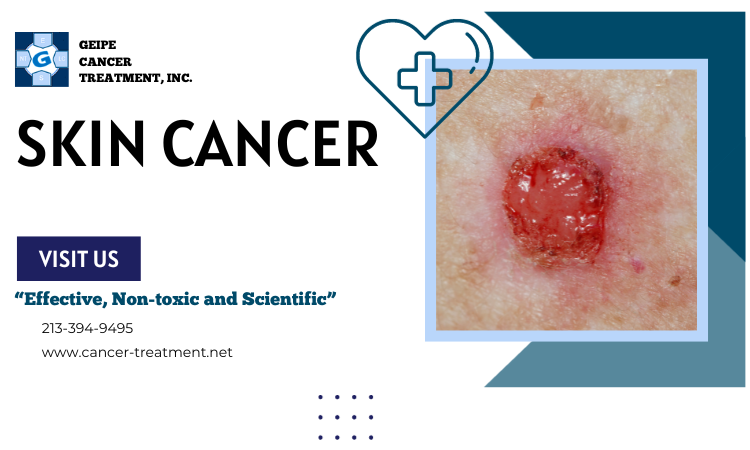
When we think of skin cancer, we often imagine sunburned skin, fair complexions, and a history of excessive sun exposure. However, skin cancer can affect people of all skin types and colors. We'll explore the risk factors, unique challenges, and the importance of early detection in people of color.
Skin cancer can affect anyone, regardless of their skin color. While it is less common in people with darker skin, when it does occur, it often goes undiagnosed until it reaches an advanced stage. Here are some important factors to consider:
Misconceptions: Many people believe that their darker skin provides natural protection against skin cancer, leading to a lack of awareness and preventative measures.
Melanoma Can Happen: Melanoma, the deadliest form of skin cancer, can affect individuals with dark skin. It often appears in less sun-exposed areas, making it challenging to detect.
Late Diagnosis: Skin cancer in people of color is often diagnosed at a later, more advanced stage, which reduces treatment success rates.
Different Presentation: Skin cancer in people of color may present differently, with colors like brown, black, or blue, making it harder to recognize.
Scarring Concerns: Skin surgery for skin cancer may leave noticeable scars on darker skin, which can be a concern for cosmetic reasons.
To mitigate the risk of skin cancer in people of color and overcome the unique challenges they face, consider the following:
Sun Protection: Sunscreen is crucial, regardless of skin tone. Broad-spectrum sunscreen with SPF 30 or higher should be applied regularly.
Self-Exams: Regularly examine your skin for any changes, including moles, freckles, or new growths.
Medical Check-ups: Visit a dermatologist for a full-body skin examination, especially if you have a family history of skin cancer or other risk factors.
Early Intervention: Seek medical attention if you notice any unusual changes in your skin.
GEIPE, which stands for 'Gentle Electrotherapy to Inhibit a Pivotal Enzyme offers a non-toxic, non-surgical, and scientifically backed method for treating various types of skin cancers. This breakthrough method can be effective for treating skin cancers like basal cell carcinoma (BCCs), squamous cell carcinoma (SCCs), melanoma, and Merkel cell carcinoma (MCC). If you're interested in learning more about this groundbreaking skin cancer treatment, we encourage you to reach out to us today. Visit https://cancer-treatment.net/!
⬤ ⬤ ⬤